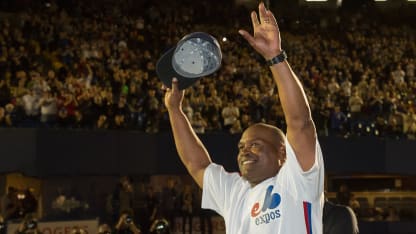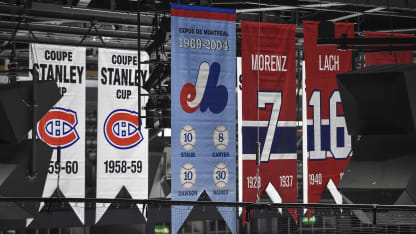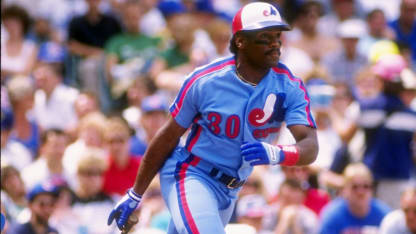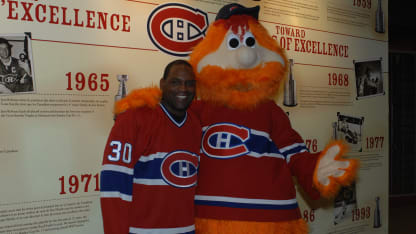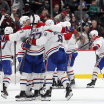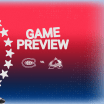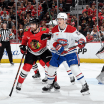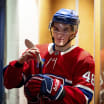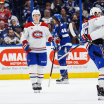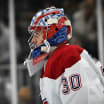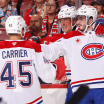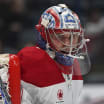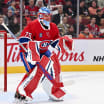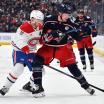How was it seeing Youppi! in a Canadiens uniform - strange or cool?TR: It was cool to me because I always had a lot of fun with Youppi!. He was a big part of the Expos, and now he's a big part of the Canadiens and of professional sports in Montreal. The fans still love him; I mean, he was probably more popular than any player ever was with the Expos, but I don't know if that'll happen with the Canadiens.
Prior to arriving in Montreal in the late '70s, had you had any experience with professional hockey?TR:Never. I didn't even see a Canadiens game until my third or fourth year in the city. The first game I went to at the Forum, I was amazed at how fast the guys skated, but I had no idea what was going on. A guy would take off on a breakaway and the referee would blow his whistle, and I didn't know why. They explained to me about offsides and two-line passes and all that and that cleared some things up. It took me a while to understand everything, but after that I enjoyed the game, and enjoyed the fighting. It was the first time I had ever seen fighting that was legal in sports.
You ever socialize with any of the hockey players back then?TR: Not so much because we played every day, so it was hard. [Chris] Chelios became a good friend of mine, and even after he got traded to Chicago we stayed friends. To this day we still chat and reminisce about the old days. He's probably my closest friend who ever played for the Canadiens.
You actually tried playing hockey once, correct?TR:I tried it once, yeah. I was invited to a kids' camp or a kiddie league or something where like 9-year-old kids were playing, and before the game they asked me to try scoring a goal on this 7- or 8-year-old kid. I had never put on skates before. So I get out there on the ice and try to control my balance, try not to fall with this stick in my hand. They give me a puck to shoot on this kid - and I should have thought about it before I tried it - but as soon as I brought my stick back to shoot, my feet went out from underneath me and I fell back on my head and knocked myself out for five minutes.
